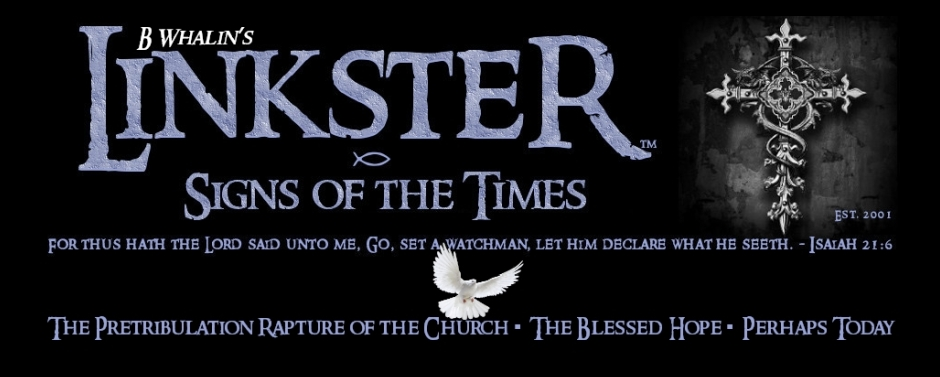
You’ve Read The News - Now Understand It
“Steinitz listed a number of requirements Israel would like to see presented at the negotiating table, requirements that would close the “holes” in the current American proposals.”
Steinitz stressed that, like America, Israel prefers a diplomatic solution to the crisis and would work toward improving the terms of the US proposal. But he also stated that military action against Iran must remain “on the table.”
Israel has been highly critical of the framework agreement hammered out between Iran and the Obama Administration, which the Jewish state is adamant would enable Tehran to continue its drive toward becoming a nuclear military power.
Iran and the Western powers have until June 30 to reach a final deal, and Steinitz said Israel believes that if the time is used properly, a “more reasonable” agreement could be reached by then. Toward that end, Steinitz listed a number of requirements Israel would like to see presented at the negotiating table, requirements that would close the “holes” in the current American proposals.
The Israeli list of demands includes:
• The cessation of all research and development of advanced centrifuges by Iran;
• A significant reduction in the number of centrifuges so as to prevent Iran from changing its mind and suddenly building a nuclear bomb;
• Closing of the uranium enrichment facility at Fordow;
• Full disclosure of all military aspects of Iran’s nuclear program;
• A firm commitment to send all enriched uranium outside Iran; and
• Permitting international inspectors to examine sites in Iran “anywhere, anytime.”
Steinitz said that these “alternative” requirements were not meant “to declare war on Iran. It is to increase pressure on Iran and stand firm and make Iran make serious concessions and have a much better deal.”
During his presentation, the Israeli ministry also noted that Iran had escalated its research and development of long-range ballistic missiles, and wondered why the Obama Administration had failed to tackle this aspect of the overall Iranian threat. He also asked, given the violations of the previous framework agreement, how Washington intended to ensure Iranian compliance this time around.
These were far from the only questions troubling Israel.
• What message did making concessions now send to Iran, which for years had ignored UN Security Council decisions regarding its nuclear program?
• Wasn’t the West concerned that the Lausanne agreement would spark a nuclear arms race in the Middle East, rather than curtail the spread of atomic weapons?
• In light of the failure to prevent North Korea from going nuclear, how would the Iran case be handled differently?
Considering all these points, Steinitz said Israel would in the coming weeks work hard to convince the Obama Administration, the US Congress, the United Kingdom, France, Russia and other world powers “not to sign this bad deal, or at least to dramatically change or fix it.”
Steinitz concluded by emphasizing that Israel appreciated President Obama’s reassurances this week that America would always stand with Israel against any Iranian aggression. However, a nuclear-armed Iran would be “an existential threat to Israel. Nobody can tell us that backing and assistance are enough to completely resist or to neutralize such a threat.”
Want more news from Israel? Stay informed, Pray informed!
» Click Here to sign up for our FREE daily email updates
» Click Here to sign up for our FREE daily email updates
The God Of Abraham, Isaac, And Jacob Regarding Israel
And I will bless them that bless thee, and curse him that curseth thee:
and in thee shall all families of the earth be blessed. ~ Genesis 12:3
and in thee shall all families of the earth be blessed. ~ Genesis 12:3


